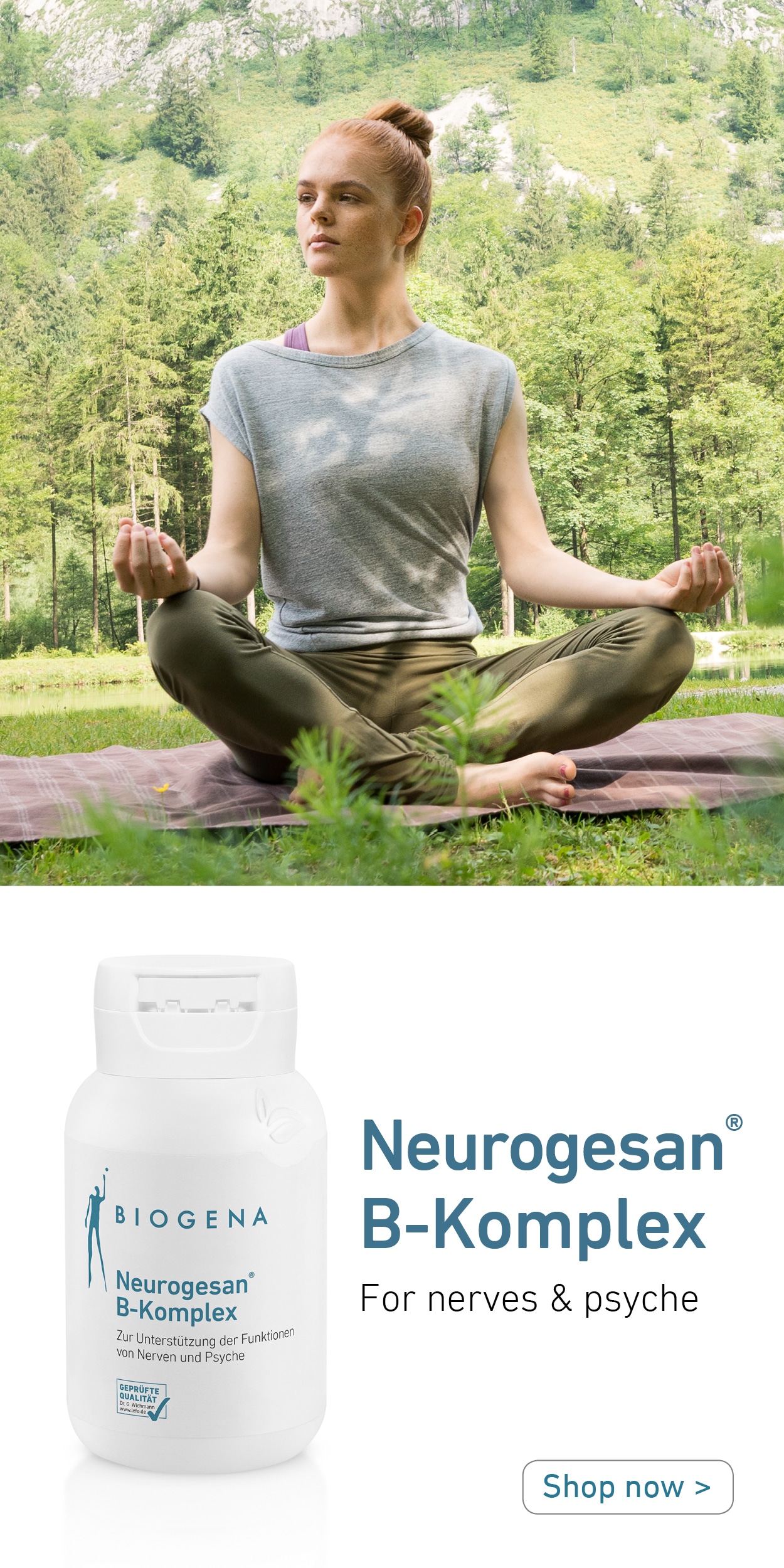A visual impairment does not always have to be a sign of old age. Many younger people suffer from reduced vision. According to a study, almost 2/3 of the German population wear glasses. The number of spectacle wearers has remained consistently high for 10 years. However, the proportion of 20 to 29-year-old spectacle wearers has more than doubled in the last 60 years. With the help of vitamins and trace elements, the decreasing eyesight can also be counteracted in old age.
Causes of vision loss
As the risk of cardiovascular diseases, diseases of the organs, joints and central nervous system increases with age, so does the risk of eye diseases. Various eye problems become a health risk that can only be partially treated with medical measures. This includes cataract and age-related macular degeneration. Cataracts are the most common cause of poor vision in old age. Age-related macular degeneration affects the macula, which is the central area of the retina and is responsible for central vision. Everything we directly see is shown there. The photoreceptors outside the macula serve for orienting vision. If there is too little blood circulation in the macula, which often occurs due to age, the quality of vision deteriorates.
Both diseases have a considerable impact on the quality of life and are very costly to treat.
In some cases, however, medication or hormonal disorders can also be responsible for poor vision. Dust, smoke, air conditioning and dry air can also cause a loss of vision. Computer work, stress and a vitamin A deficiency are also risk factors. In addition, obesity, high blood sugar levels, lack of exercise and UV light can worsen the blood circulation in the macula and thus cause poor eyesight.
Nutrients for healthy eyes
As our society develops more and more into spectacle and contact lens wearers, more importance is placed on the right choice of nutrients in the modern world of life and work. Proper nutrition combined with proper behaviours, such as not smoking, is the first step towards maintaining vision and eye health at all ages.
Vitamin A is important for the visual process as it is a component of the visual purple (rhodopsin) and as such is essential for the visual process and the conversion of photo energy into neuronal energy. A deficiency manifests itself as a visual impairment or night blindness.
Vitamin B2, vitamin C and vitamin E can prevent oxidative stress. They have an antioxidant effect and protect the eye from cell damage. Energy-rich radicals that can enter the eye through smoking or sunlight, for example, are intercepted antioxidatively.
Selenium and zinc also have an antioxidant effect.
Ginkgo biloba extract can improve the blood circulation of the retina and thus increase visual acuity. In the case of age-related macular degeneration, supplementation with ginkgo biloba extract for prevention or to accompany therapy proves to be a great advantage. A lowered vitamin C and glutathione status usually also plays a decisive role in macular degeneration. A deficiency can lead to oxidation damage. Therefore, an additional intake is recommended as a preventive and therapeutic measure.
Coenzyme Q10 is essential for the supply of energy in the mitochondria and also has an antioxidant effect.
Beta-carotene acts as a bioactive precursor of vitamin A. Beta-carotene itself is increasingly stored in the skin and in the cells of the retina and has an antioxidant effect against UV-induced free radicals.
Lutein and zeaxanthin are responsible for the pigmentation of the macula. In addition, due to their pronounced antioxidant properties, they protect against damage from UV radiation and prevent the formation of peroxides.
General tips for healthy eyes
With a balanced diet and stress reduction in everyday life, which should include rest breaks, visual impairments and eye problems can not only be reduced, but even avoided. Exercise in the fresh air and relaxed sleep promote blood circulation in the retina. For swollen eyes an Aloe Vera eye balm helps, for dry eyes there are special liposome sprays.













